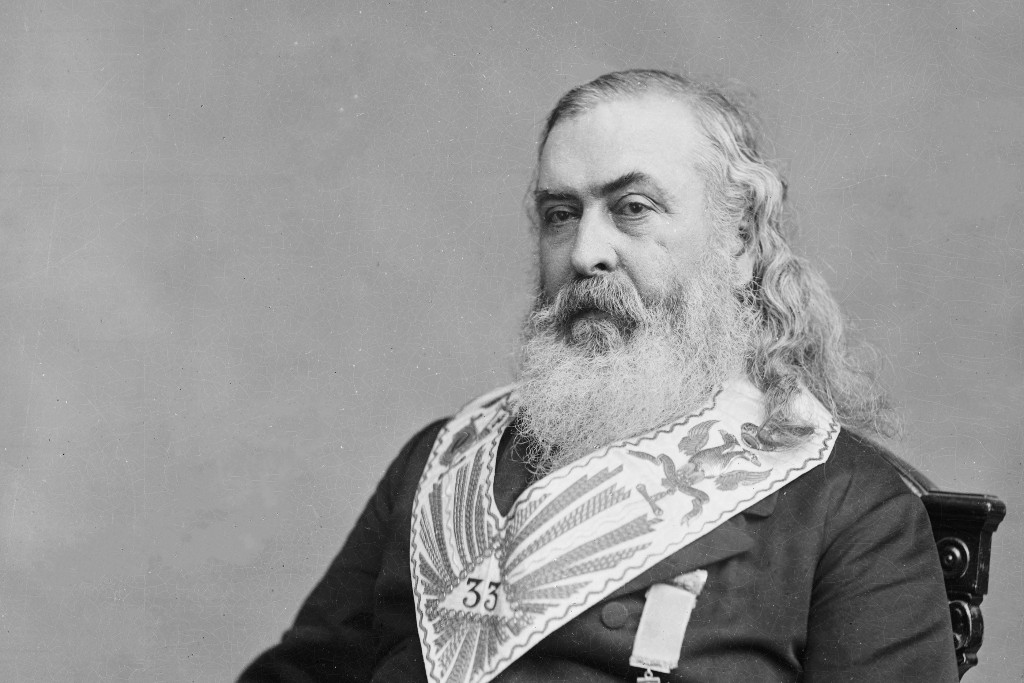Eleanor Holmes Norton, Washington, D.C.’s non-voting delegate to the U.S. House, introduced a bill calling for the relocation of the statue of a Confederate general that is on federal land near Judiciary Square in the District of Columbia.
The statue is a depiction of Albert Pike, a senior officer of the Confederate States Army who was in charge of the District of Indian Territory in the Trans-Mississippi Theater of the American Civil War. It is currently located in the 300 block of Indiana Avenue NW.
The statue, which was a donation to the federal government by the Freemasons, was authorized by Congress in 1898, and installed in 1901.
Norton’s bill, which was proposed on Tuesday, stipulates that the U.S. Interior Department would remove the statue that is over a century-old.
“This statue was authorized not by the District, but by Congress in 1898, when the District had no home rule,” she said in her introductory statement, adding that it was constructed with the help of both federal and private funds.
I had no idea this trash Confederate general had a statue in DC. this has got to go https://t.co/mY7UvQVqtP via @curbeddc
— Matt Vasilogambros (@MattVas) August 1, 2019
“The Freemasons, of which Pike was a member, donated the majority of the money needed to build and install the statue in 1901. I oppose tearing down Confederate statues, because I believe they should be moved to more appropriate settings, like museums, to avoid erasing an important part of history from which Americans must continue to learn,” she continued.
According to Norton, Pike served dishonorably and was forced to resign in disgrace. She stated that soldiers under Pike’s command mutilated the bodies of Union soldiers, and the Confederate general was imprisoned afterwards due to a complaints that he misappropriated funds. “Adding to the dishonor of taking up arms against the United States, Pike dishonored even his Confederate military service,” Norton added.
The bid to remove the statue was supported by D.C. Mayor Muriel Bowser and the D.C. Council in 2017, after a protest at the site in response to the Charlottesville demonstrations, where a woman was killed by far right groups.

